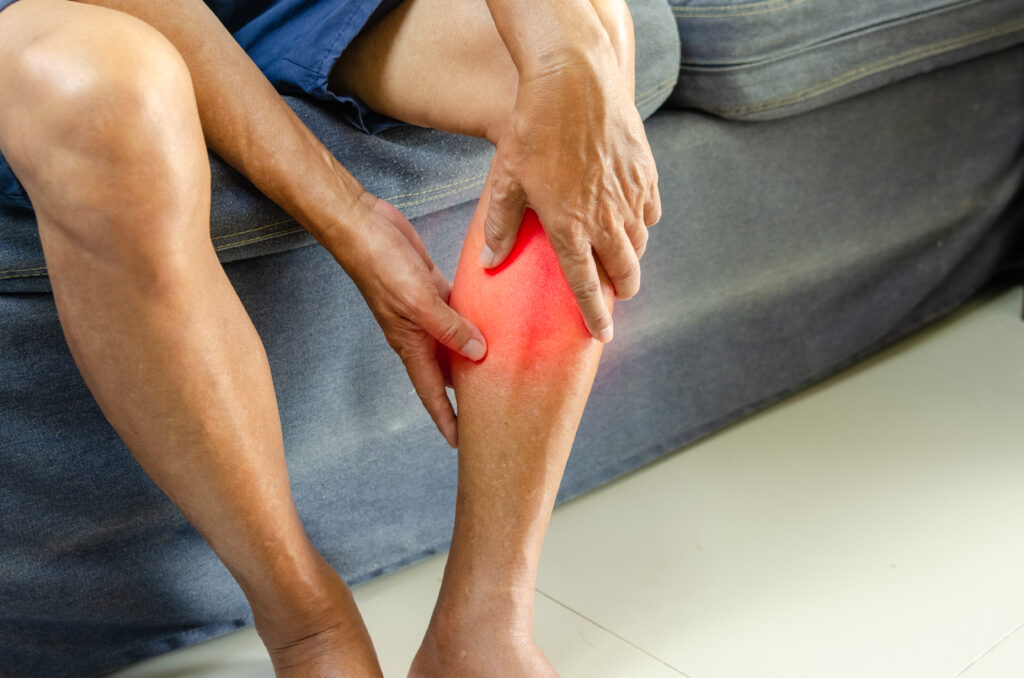An auto accident can happen in a second BUT the pain you will experience may takes days to manifest.
When you’re in an auto accident, your body naturally tries to protect you from the trauma by releasing a sudden surge of adrenaline. This hormone is designed to protect you from harm by causing the “fight or flight” response when you’re in danger.
Adrenaline causes several self-preservation responses, including:
- Excitement – Increased energy
- Reduced — or no — pain
- Dilated blood vessels and airways that increase the flow of oxygen to help the body heal
- Increased strength because of more blood going to your muscles (like when a mother can lift a car of her child)
- Changes in your vision and hearing that focus on sights and sounds ahead of you. Often, you will become hyper “aware” of your surroundings.

At the same time your body is responding to the adrenaline surge, your body is also releasing endorphins that make you feel calm and happy. Many times, your endorphins also affect the way you respond to pain and stress. In many cases, you don’t start feeling pain after a car accident until your adrenaline and endorphins wear off, which can often be up to 48 hours after a traumatic experience.
In addition to having endorphins masking your symptoms after an auto accident, it can also take time for injuries to appear while your body settles back down after the trauma.
When you ride in a car, your body is traveling at the same rate of speed as the car. During an impact, your car stops, but your body continues moving until it suddenly stops because of a seatbelt, airbag, or another barrier. This abrupt change in momentum often causes soft tissue damage, like what occurs with whiplash. These types of ligament or muscle strains take time to develop because inflammation, swelling, and stiffness don’t occur immediately.

You can also experience trauma to your spine during an auto accident that affects your intervertebral discs. These discs act as cushions between vertebral bones and give your spine flexibility. When you damage a disc, it can tear, bulge, or herniate. Over time, these injuries can put pressure on nerves and the surrounding tissues, causing pain.
Common delayed symptoms after a car accident may include:
- Headaches
- Blurry vision or dizziness
- Nausea
- Difficulty remembering things or problems concentrating
- Trouble sleeping
- Swelling
- Back or shoulder pain
- Neck stiffness
- Numbness in your hands or feet
- Reduced range of motion
Getting an early diagnosis of a car accident injury can help speed up your recovery and reduce your risks of long-term pain and complications in the future. If you’ve been involved in an auto accident, CALL US BEFORE you speak with any insurance company. You don’t want to give a statement too soon and prejudice your potential claim. We can help get you evaluated and make sure your health and your rights are protected. CALL US TODAY!




